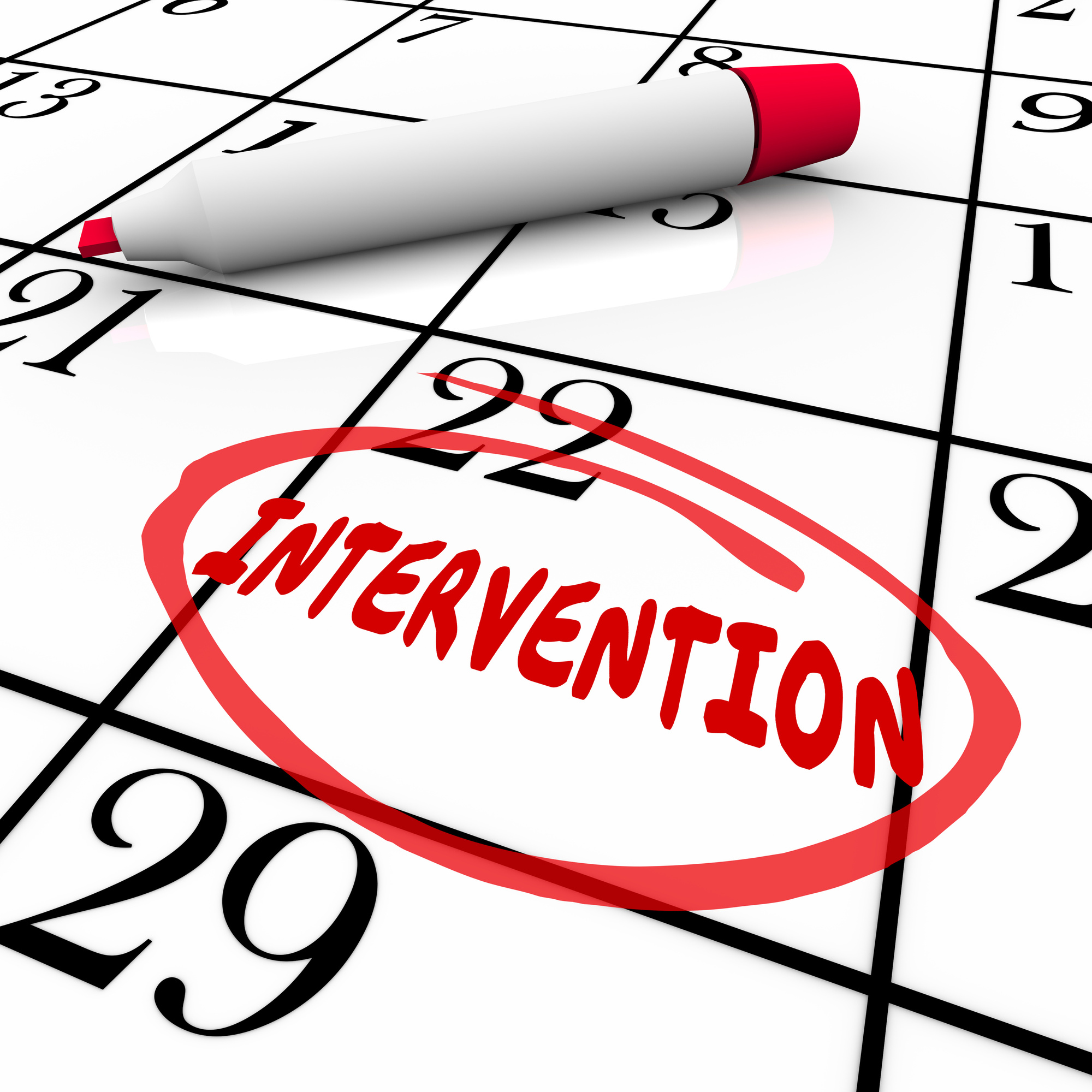Drug addiction is a terrible disability that tears lives apart and destroys families. Did you know that 10% of Americans have had problems with drug abuse in their lives? Coupled with the fact that illegal drug use is still rising, it’s become a real problem.
If you know someone who struggles with addition, you know how difficult it can be. But your support and care can help them to seek the treatment they need to recover.
An intervention is the best way to start, but how do you do it? Here are 5 tips for a successful intervention that will help start the road to recovery.
1. Bring the Right People
For an intervention to work, you need to include the right people. This is a huge conversation where they may feel judged or embarrassed, so they need people they trust.
Only include people who have a close, meaningful relationship with the addicted person. Anyone who they don’t get along with or have a close bond with must not be present.
It’s important that the people there will not judge, accuse or blame the addicted person. They must also be able to control their emotions and not let them manipulate the situation.
2. Do it at the Right Time
Once you have your intervention team, you need to choose the right time – and place – to hold the intervention.
First, you need to find the right place. Find somewhere quiet and formal with no interruptions. A family home may allow them to retreat to the bathroom or bedroom to escape the intervention.
Also, try to do it in the morning. You don’t want to stage an intervention when they’re high as they may not react well. Try to do it when they’re as sober as possible.
3. Prepare for it Well
It’s so important to prepare for the intervention well beforehand. You don’t want to wing it and go off the cuff. This makes it more likely that you go off topic and not say what you wanted to.
You also need to prepare for the outcome of the intervention. Prepare a few different treatment options to present to the addicted person. You also need to prepare for the worst.
There’s a chance things may get out of hand and you may need to defend yourself or call the police if they get violent. You need to also prepare for the consequences if they don’t accept treatment too.
4. Make a Script and Rehearse It
When you prepare for the intervention, make sure you make a script. It may seem silly, but it’s a very effective way to say what you need to. Have everyone in the team write up whatever they need to say and rehearse it.
Choose the order everyone will speak in and go over the script a few times. This helps you practice the important points to get across and avoids diversions.
Make sure to stick to the script and don’t let the addicted person change the topic. It will help everything go a little smoother and ensure that everyone has their say.
5. Consider Hiring a Professional
Staging an intervention is a big deal, and not everyone knows how to do it well. There’s no shame in hiring a professional interventionist to help with the process.
They know what they’re doing and can help take the pressure off you and others. They know how to direct the intervention so that everything stays on track. They can even guide your loved one to rehab if they do accept treatment.
They can help establish goals to make the intervention as productive as possible.
Make Sure to Use These Tips for a Successful Intervention
These tips for a successful intervention will help you to get your loved one back on track. Addiction is an awful disability and providing your love and support can help to heal your loved one.
Need to get help for an addicted loved one? Get in touch with us and we can help you every step of the way.



